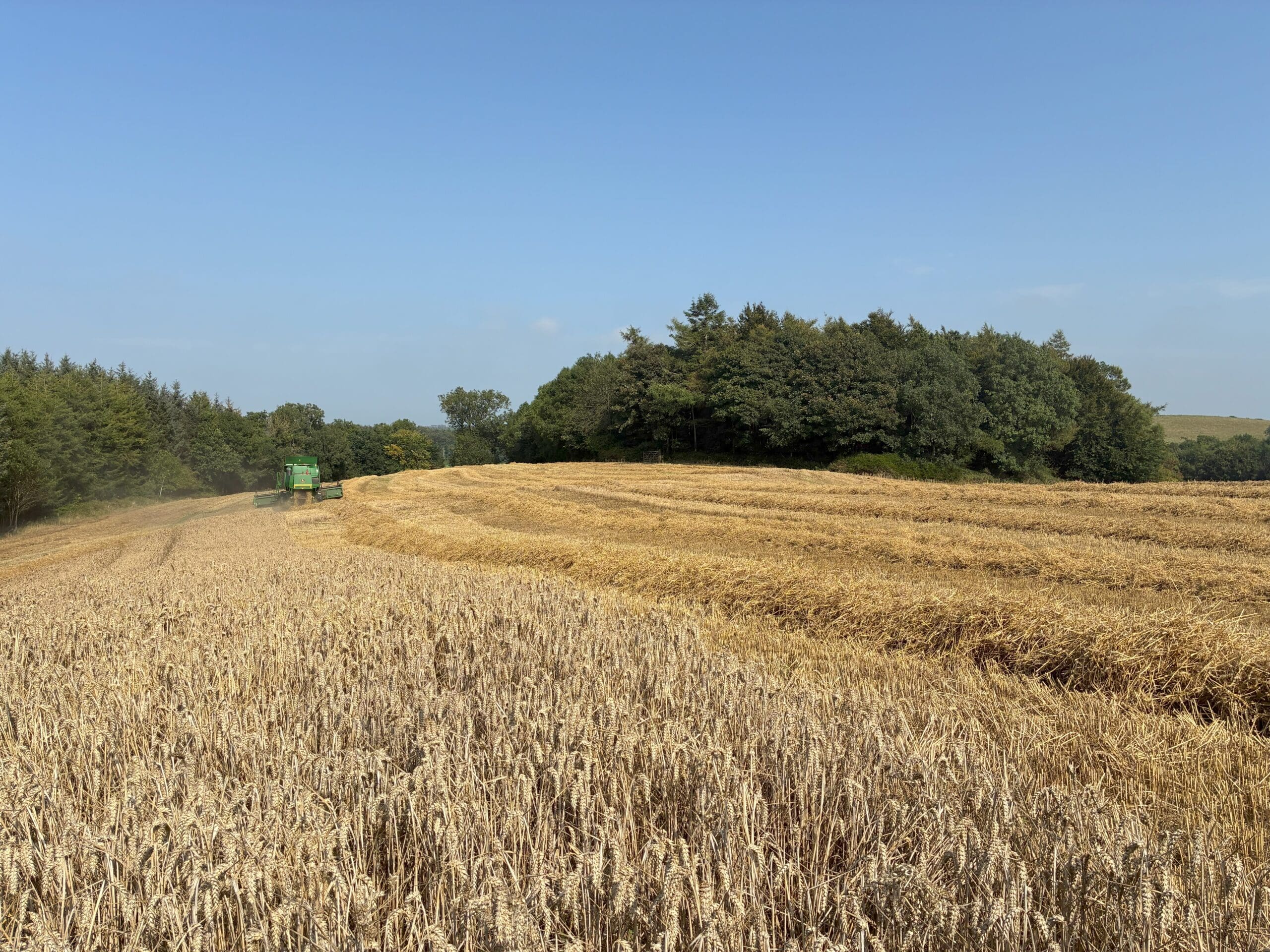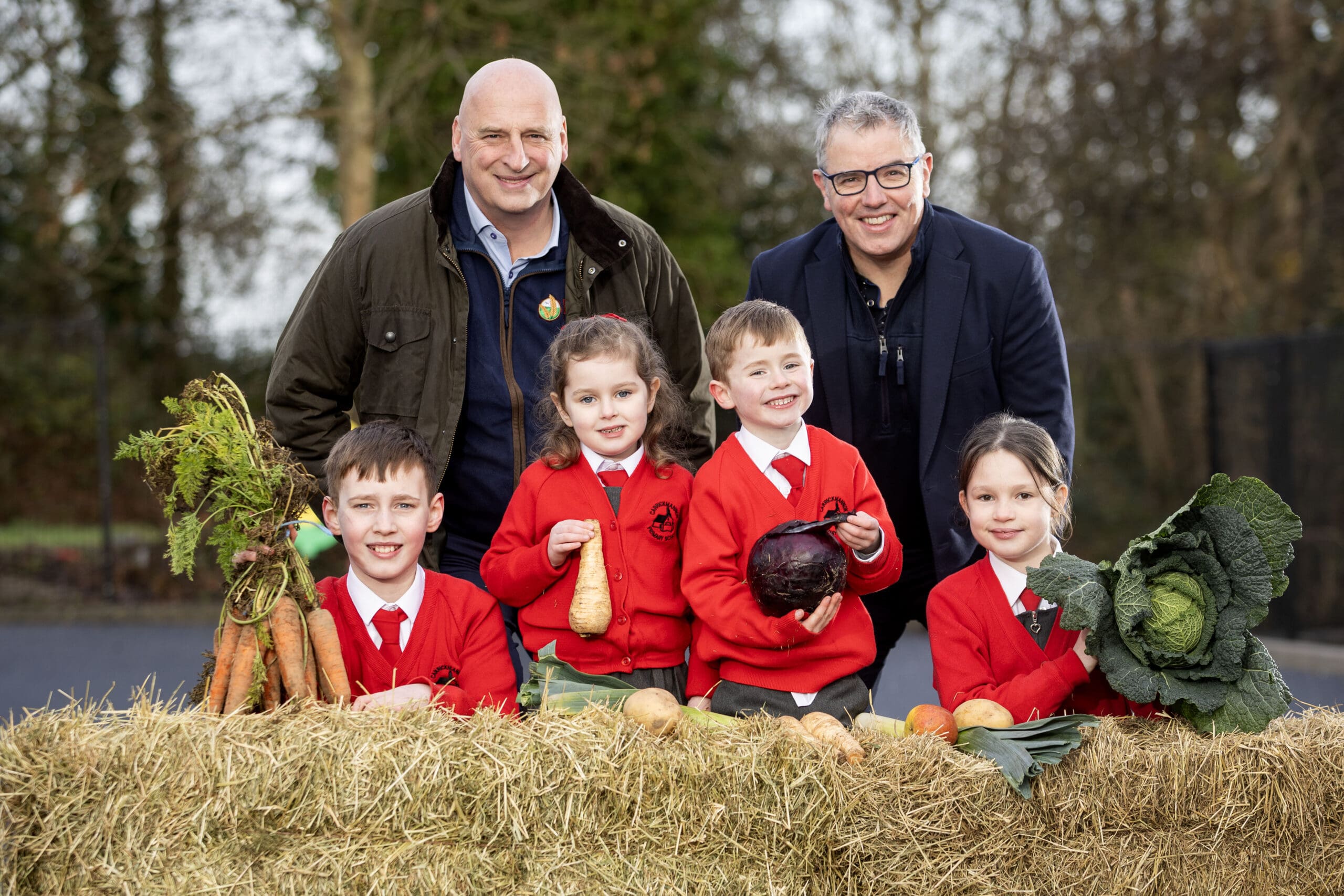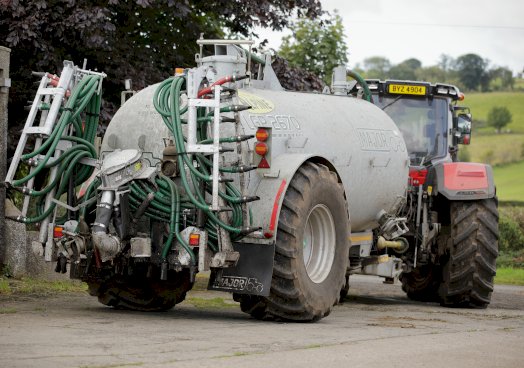
Policy and communications blog by James McCluggage
You know, in farming, we get used to things being a bit of a rollercoaster. One minute you’re on a high, prices are good, the sun is shining. Next, a piece of proposed government legislation sends you plummeting. It’s a bit like a marriage – for better, for worse, for richer, for poorer…
So, when the news came that Baroness Minette Batters, the former NFU president, was appointed by Secretary of State for Environment, Food and Rural Affairs Steve Reed to lead a review into farm profitability, I’ll admit to a mix of scepticism and hope. My initial thought, and I’m sure I’m not alone, was, “Another review? Haven’t we had enough reviews to wallpaper the Houses of Parliament by now?” But then, the hope took over. If anyone understands what it’s like to have mud on their boots and read a balance sheet, it’s Minette. She’s been there, she’s done that, and she’s got the T-shirt with the mud stains to prove it.
This review comes at a critical moment. For nearly ten months, the farming sector has been passionately lobbying against proposed inheritance tax changes, a policy decision that could have a devastating impact on family farms and the intergenerational transfer of businesses. These changes, due to be introduced in April 2026, are already causing investment decisions to be shelved. The farm profitability review must reflect these grave concerns. We are seeing a continued stall in agricultural economic investment which will lead to a long-term contraction of the rural economy.
Without change, we risk a decline in UK food production which will lead to inflationary pressures for consumers and affect countless businesses connected to farming.
No silver bullet
The Baroness herself has rightly said there is “no silver bullet.” There is no single, magic fix that will suddenly make farming profitable. If there were, someone would have found it long ago and we’d all be living on private islands, sipping exotic juices. The reality is that the problem is a tangled mess of regulations, market failures and external pressures that need a team of expert locksmiths to untangle. This new appointment, supported by a newly formed Profitability Unit within Defra, signals a commitment to finally address these issues.
Need to happen
So, what do we, the Ulster Farmers’ Union need to see happen? What are the keys to unlocking this profitability puzzle?
First and foremost, we must tackle opportunities for investment. It’s hard to make a business profitable if you can’t afford to invest in modern machinery, better tech or renewable energy sources. This means more effective tax incentives and grant schemes that don’t come with so much bureaucracy you need a degree in philosophy to understand the application form. We need an enlarged permitted development right for on-farm solar panels and small-medium wind turbines. It’s a no-brainer, and it helps us move towards being more self-sufficient and profitable.
Secondly, we need to create the right conditions for business development. Imagine trying to build a new shed for your livestock? We need a planning system that explicitly recognises the importance of food production and a regulatory environment that doesn’t treat us like we’re trying to set up a top-secret military base. We also need to get a grip on research and development. It’s no good having brilliant ideas in a lab if they don’t get out onto the farm and make a real difference. We need to drive greater collaboration between research institutes and farm businesses, ensuring that data is of real value and that information sharing is enhanced.
Supply chain
Finally, and perhaps most crucially, we need to fix the broken supply chain. This is where the real comedy or tragedy, depending on the day, often happens. It’s like being at a poker table where everyone else can see your cards. Farmers are at the mercy of retailers and processors, often without a level playing field. While we support the UK government’s work on fair dealings, we must ensure flexibility to accommodate the unique structures of sectors in Northern Ireland and the rest of the UK. We need better enforcement of supply chain rules, more accurate data on market dynamics and a system that rewards us properly for producing high-quality, sustainable food. Let’s make sure that when we produce fantastic food, the lion’s share of the profit doesn’t end up with someone else.
Labelling
We also have concerns about unclear food labelling and believe this could be made clearer for consumers, highlighting the fantastic produce our farmers create. We are also supportive of increased processing capacity, which would bolster UK food security and safeguard consumer interests.
Action
The appointment of Minette is a welcome sign that someone in government is serious about this. She has the ear of the Secretary of State, and she knows our world. But this can’t be just another report that gathers dust on a shelf. We need action – real, tangible action that puts money back in farmers’ pockets. This review is an important opportunity to create a more collaborative and equitable market where farmers can leverage data to drive long-term profitability and growth.
So, here’s to hoping this review is more than just a chat. Here’s to hoping it’s the start of a new chapter where profitability isn’t a dirty word, but a vital part of a thriving agricultural sector. Because at the end of the day, a profitable farm isn’t just good for the farmer; it’s good for rural communities, good for food security, and good for the nation.




